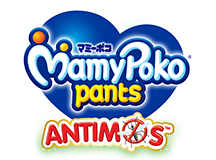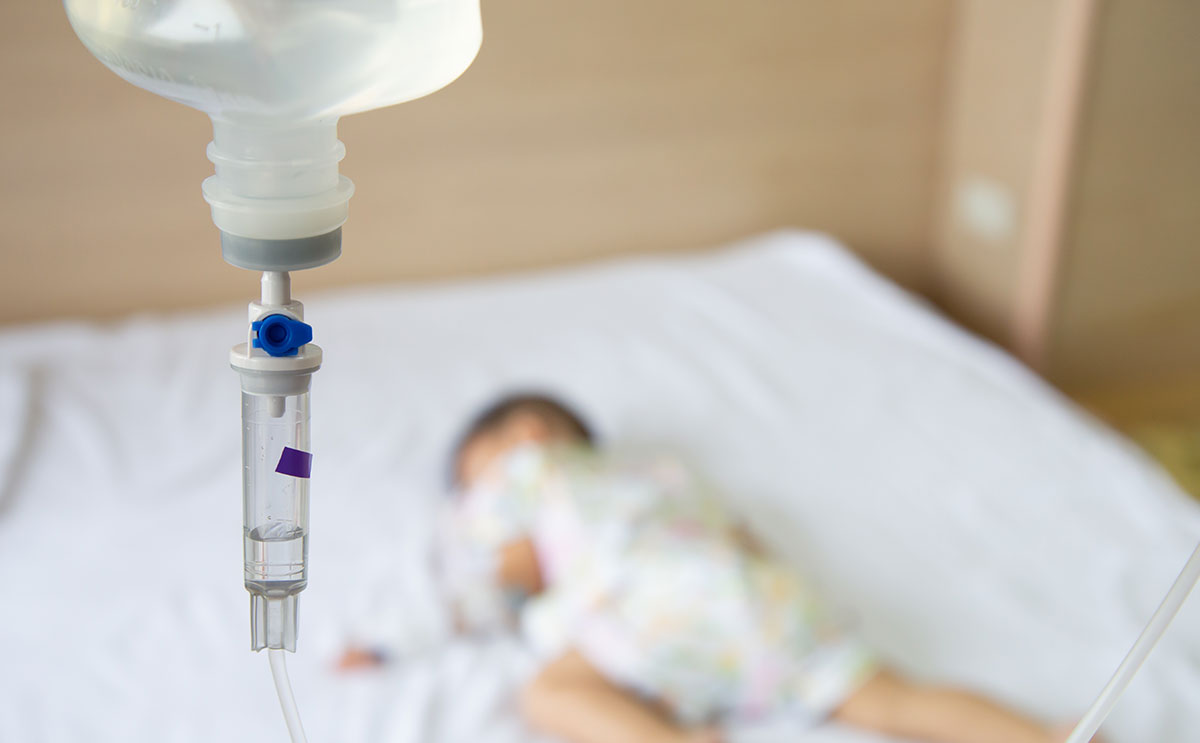It is the year 2020 and most of us are experiencing something we have never experienced before – staying at home with family and friends for long periods of time due to the Coronavirus pandemic. As all attention is focused on this, let us not forget that there are many other diseases out there that are still prevalent and hiding in the shadows. One such disease that is making a comeback is the Dengue Fever.
Dengue is a mosquito borne viral illness usually seen in tropical countries due to its climate. In Malaysia, it occurs throughout the year with cases peaking during the monsoon season. Dengue does not spread from person to person but through the Aedes mosquito. An infected person who is bitten by a mosquito can subsequently infect others through that mosquito within 12 days of being bitten.
4 Different Strains of Dengue
There are four different strains of the Dengue virus which are DEN1, DEN2, DEN3 and DEN4. This means you can be infected up to four times with the Dengue virus. Once you are infected with any of these strains, you become immune to that particular strain but this does not protect you from the other 3 strains. Among the four strains, the DEN2 virus is the most dangerous form of Dengue.
Children below fifteen years old are generally more susceptible to Dengue. The younger the child the more serious the illness can be. The first episode of Dengue does not usually cause many symptoms but subsequent infections have been shown to be more severe especially in children.
Dengue Symptoms
In some instances, children become more symptomatic and can present with fever, body aches, nausea or vomiting, abdominal pain, poor feeding and occasionally cough and runny nose. These can be very nonspecific symptoms which can be difficult to diagnose especially in younger children who are unable to voice out their aches and pains. In some children, they may present with bleeding tendencies like gum bleeds, bruises or even rashes.
In mild cases, some children present with just a slight fever but in some there are no symptoms at all. In these cases, the symptoms go away within a week of onset. There are no long term side effects and the child remains well.
Dengue fever can vary from mild to severe forms like Dengue Shock Syndrome and Dengue Hemorrhagic Fever. These severe forms of Dengue are potentially lethal and can be very difficult to treat.
If you suspect your child to have Dengue, the doctors will check your child’s history, examine them and conduct a blood test to confirm if it is Dengue fever. These tests can be done in most clinics and all hospitals. Doctors rely on parents or caretakers for a proper history to be able to suspect or diagnose Dengue. As such, giving a good history of what has happened to your child is very important when talking to your doctor.
Travel history is equally important as certain regions have been known to be a red zone for Dengue and the suspicion should be higher in these cases if the child in question has travelled within those regions recently.
Phases of Dengue fever
Once infected, a child goes through three phases of Dengue fever.
Phase 1: Febrile phase
Symptoms can present itself within two to ten days after being bitten by a mosquito and can last between 3 to 7 days.
Phase 2: Defervescence/critical phase
When the fever settles, patients subsequently enter the 2nd phase for another 24 to 72 hours.
Phase 3: Recovery phase
They finally go into the 3rd phase where the fever has settled and some children may develop an itchy red rash all over the body. This is not a permanent rash and will resolve on its own within a week. Each of these phases and days of illness can present differently in every child. Hence, it is important to provide the best history to your doctor so your child’s illness can be anticipated and recognition of red flags are dealt with promptly and appropriately.
Dengue Treatment
Currently, there is no specific treatment for Dengue in children. They are usually treated symptomatically with fluids and fever medications. Other than that:
- Patients should be encouraged to eat and drink nutritious and fresh foods. There is no specific food or drinks that can improve a patient’s blood count contrary to popular myths online.
- A child who is breastfeeding should be given regular breastfeeds on top of his usual meals.
- It’s important to remember that ibuprofen and aspirin should be avoided in all Dengue cases as these medications can cause or worsen bleeding.
Early recognition of complications is the mainstay to avoid severe cases and even death. In younger children especially infants, an admission is usually advised for closer observation and management.
Prevention is the best protection
Dengue is a common disease in our country. Parents should take extra precautions whenever possible.
- Avoid taking children to the parks and playgrounds during dawn and dusk, as these are usually the time Aedes mosquitoes love to roam.
- Wear long sleeves and pants
- Use mosquito repellent (spray, lotion or even patches)
- Keep our house and surrounding areas clean and avoid things that may accumulate water like empty tyres or buckets.
Fogging is another method the health ministry will arrange in red zone areas or an area where a case has been identified. Together we can prevent Dengue as prevention is always better than cure.



